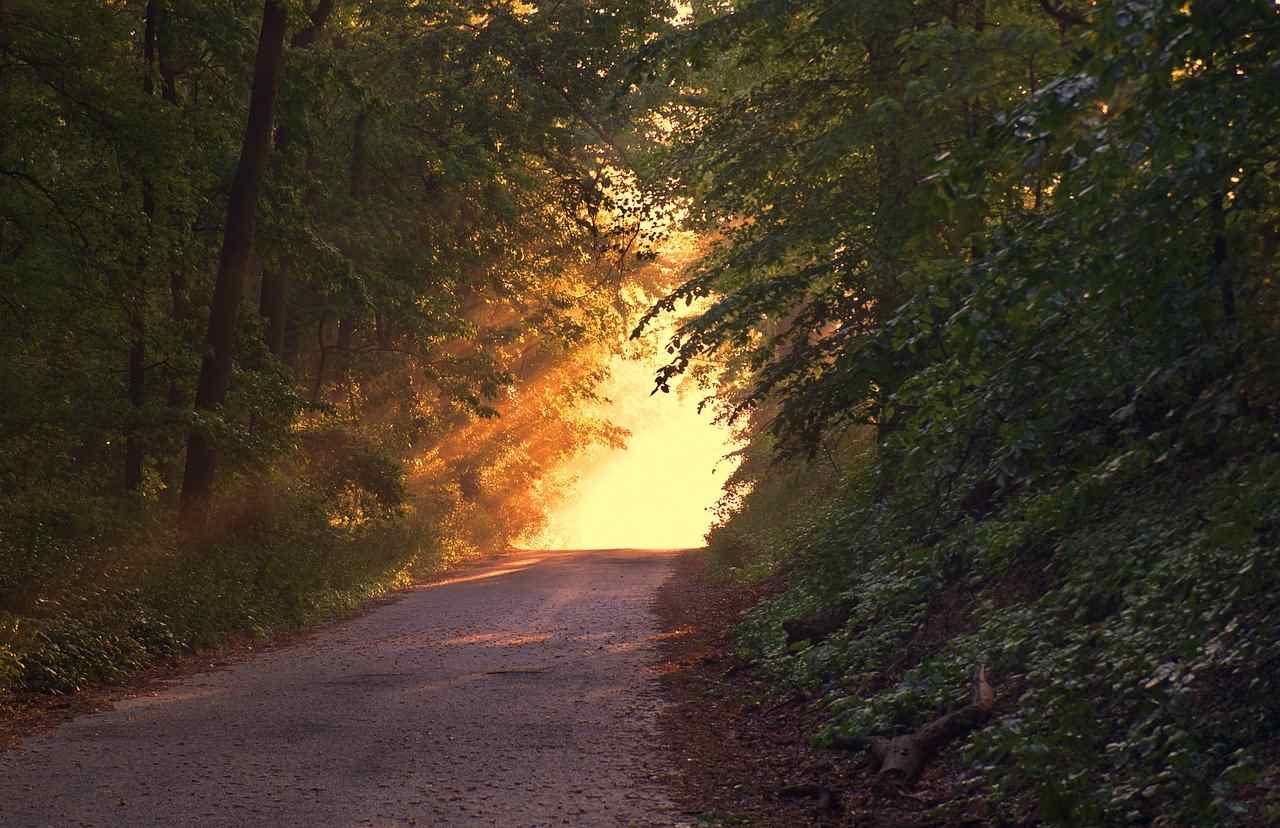Each of us is a potential philosopher. Philosophy is not the monopoly of professional philosophers. To live is to think and reflect and imagine; and particularly at this puzzling moment when the Covid-19 has shattered our ‘taken-for-granted’ world, we are compelled to redefine the very rhythm of life. Possibly, this engagement with the inherent uncertainty of existence, or for that matter, the breakdown of all patterned routines (office-productivity-performance; shopping-restaurants-cinema halls) because of the lockdown has unsettled us terribly. And each of us is trying to make sense of this altered reality. It is a struggle with pain and confusion, and at times, with prayers for collective redemption. It is a quest. It is in this context that I wish to make two points.
Breaking the chains of disciplinary time
See how clocks and calendars define our existence. Yes, time, we are trained to believe, is linear; and we are moving towards ‘future’. Time is measured and fragmented. And time is ‘disciplinary’; with the rigor of time-tables, each of us, as we have been instructed by parents and school Principals, bankers and economists ,and bosses and techno-managers, is supposed to utilize it ‘productively’ and ‘efficiently’. And to be continually ‘busy’ is considered to be good; it indicates that we are not ‘wasting’ time, and we are moving towards a more ‘productive’ future. Yes, we run, and run faster. And almost like robotic performers, we follow the routine. In a way, our modernity with its logic of ceaseless ‘growth’ has trained us to normalize this hurried existence.
And now because of the lockdown the outer world seems to have stopped. There is no 6.30 am local train from Dadar station in Mumbai; there is no confluence of people for the early morning flight at Indira Gandhi International airport; there is no school assembly at 8 am; there is no 2pm to 2.30pm lunch break at Delhi’s Central Secretariat; and there is no Friday release of a Bollywood blockbuster. Empty streets. Empty schools. Empty offices. Then, what do we do? We have internalized the logic of speed; we find ourselves unsettled in the absence of the time-table; we dislike silence or idleness. Yes, we are at a loss—almost on the verge of psychic disorder.
But then, see how we are trying to cope with this crisis. Quite often, we are instructed by the respective bosses—the champions of the modernist notion of ‘progress’—that our homes should be transformed into sites of ‘work’. With the miracle of technology, we should ‘work’ from home; and our children should be ‘disciplined’ trough ‘online’ teaching/learning; or for that matter, even some ‘entertainment’ is possible—Netflix is here; WhatsApp stimulations are always available, and the likes of Katrina Kaif are there to teach us how to wash the dishes in the kitchen. In other words, we are escaping from ourselves. We are not trying to enter the interiority of our existence .We are only trying to ‘spend’ time. We are silencing the poetry of the ‘inner’ through the time-table of the ‘outer’.
Is it that a conversation with the inner self worries us? Is it that silence disturbs us? Is it that we have become almost incapable of living without being ‘productive’? But then, if we realize that this crisis has also given us—I mean those who are economically secure, and privileged to be at home—an opportunity to understand the layers of our consciousness, experience the depths of silence, and contemplate on the messages the existence is conveying to us through this invisible virus, we would be able to redefine our engagement with time. Time would not oppress us. We would not escape. Boredom would not haunt us. Instead, with the abundance of time we would live here and now. We would rediscover all the oceans, all the mountains, all the rivers within ourselves. We would realize that we are not just section officers, chemistry teachers, or traders of diamond; we are potentially wanderers and mystics. Is it that society fears this creativity, excludes it as a form of ‘madness’, and ‘disciplines’ and ‘normalizes’ us through its discourse of ‘productivity’ and ‘performance’?
Living here and now…
Yet, it is impossible to negate the all-pervading fear. And the ultimate fear is the fear of death. Yes, we know that death is implicit in birth. Yet, this conceptual knowledge does not disturb us so much as we often escape from the idea of death. We work. We perform. We see ourselves as achievers and conquerors. Through our inflated egos we seek to see ourselves as immortal. Or, we transform the issue of death into a mere medical discourse. In the age of narrow specialization, death happens in hospitals; doctors declare one dead; but seldom do we experience death—the way at the time of the poetic sunset here, there is an illuminating sunrise somewhere else.
However, at this moment death has become so real. Death is everywhere. Even if we try to reduce it into a statistical abstraction, the fact is that we have begun to fear that death is very near; anytime the virus can enter our residential societies; and everything we are so deeply attached to—power and fame, or wealth and success—would become utterly meaningless. From living bodies to soulless corpses: isn’t it the story that spreads as faster as the virus? As our techno-secular education has never prepared us to handle with the death question, we are at a loss. And particularly when the pandemic –induced mass death has become an equalizer, there is no mythical notion of safety—even for the privileged. No wonder, fear has become yet another kind of virus.
This fear and associated isolation in the age of ‘social distancing’ often take us to the domain of insanity. With psychic nausea, loneliness, boredom and existential uncertainty, life becomes meaningless. No, there is no escape. Hence, the question arises: Is it possible to live intensely, gracefully, meaningfully, even when death can knock our doors anytime? This is possible only when we learn to live here and now. This means mindfulness. There is no tomorrow; this very moment we live in is the only moment, and it is eternal; to live deeply is to be at this moment with absolute mindfulness. And then, the obsessive fear of tomorrow would not haunt us; instead, at this very moment you would allow a beam of sunray to touch your forehead, and feel that you are not merely this bounded body; in fact, the body is merely a temporal container of the infinite; and you are the sun, the tree, the tiny blue flower. Instead, birth and death are merely two doors the Infinite needs to continue its rhythmic play.
Possibly, this contemplation can enable us to realize that our true religiosity is about love, compassion, non-injury and cosmic connectedness. Possibly, we would realize that there are limits to techno-economic victory over nature; and meaningful living is a song of sharing and connectedness. However, what is sad is that even at this time we are repeating the same mistake. We are reducing death into a number; we are becoming increasingly self-centric; our celebrities are reducing charity into a spectacular ‘reality show’; our governments are further intensifying the culture of surveillance; macho- narcissistic leaders are playing their dirty games; and in order to recover our economic losses we might become more ruthless and aggressive in our orientation towards life-killing ‘growth’.
Meanwhile, in the absence of human touch we are erecting huge walls of separation and exclusion. In order to survive biologically we are living with masks and sanitizers; we are living with chronic fear and anxiety; or we are escaping through all these apps that make it possible to ‘work from home’. Even when we are technically alive, we are dead—aesthetically and spiritually. Seldom do we ask what ought to be asked: What is work? What is productivity? What is progress? What is education? And above all, what is the rhythm of life and death?
Is it the time to wake up?
Avijit Pathak is Professor of Sociology at JNU, New Delhi .











